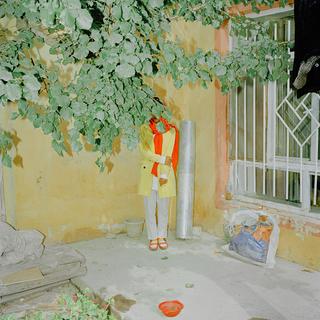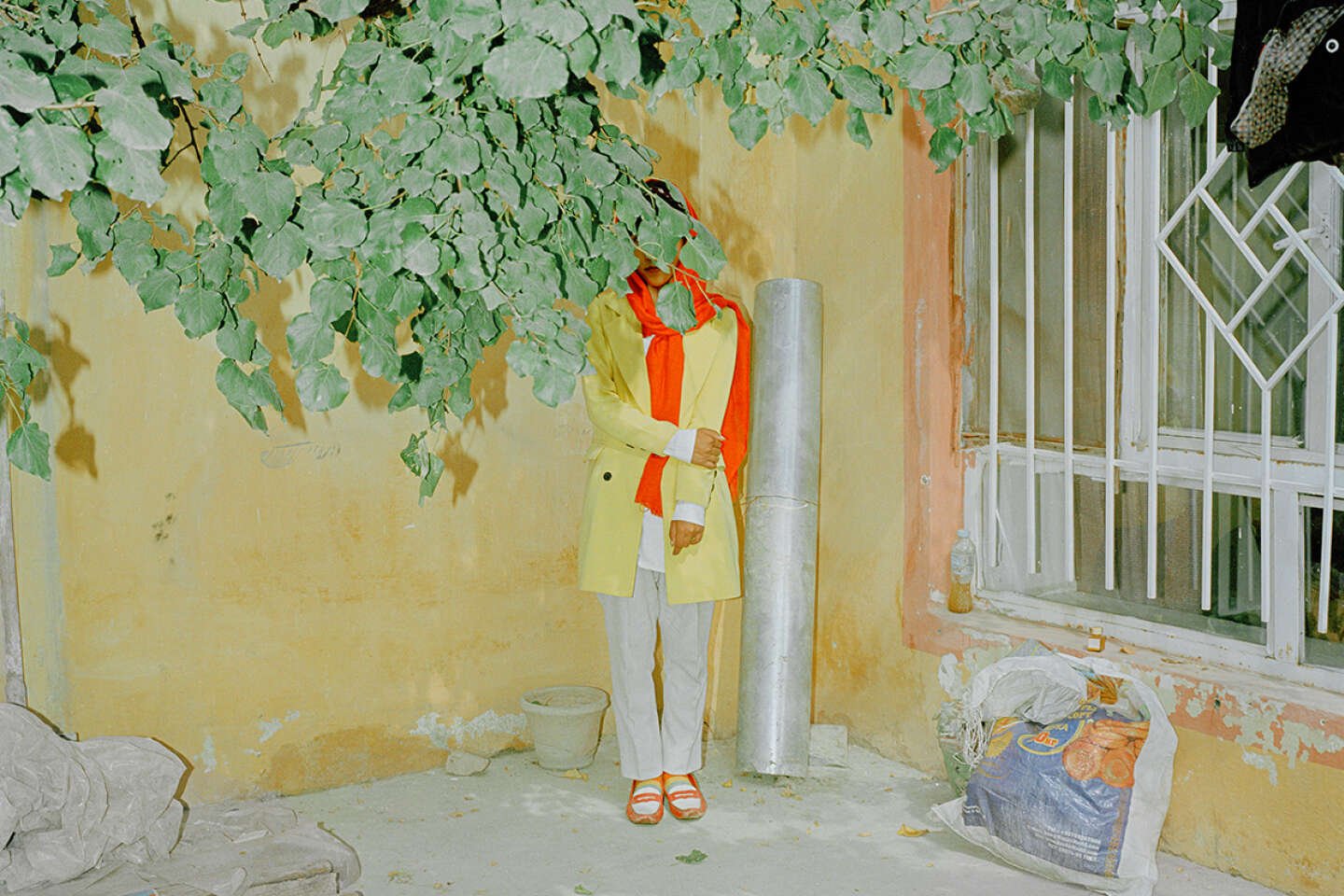
Subscribers only
GalleryDespite the tightening of entry conditions for foreign journalists in Afghanistan since the Taliban seized power on August 15, 2021, the Iranian photographer managed to enter the country up until 2023. His images show youth deprived of a future and all forms of freedom.
Little by little, Afghanistan has disappeared from the headlines. Since the fall of Kabul to the Taliban on August 15, 2021, the procedures for obtaining a visa for the foreign press have become increasingly drastic year after year. Henceforth, all journalists planning to visit Afghanistan are required to provide the Afghan authorities with a detailed list of the subjects they wish to cover during their stay, before obtaining (or not) the authorities’ agreement. Few succeed.
Iranian photographer Hashem Shakeri nevertheless managed to make several trips up until 2023. He spent hours with each of the Afghans he photographed, taking the time to listen carefully and document their stories. The Persian language spoken in Iran, which is close to the Dari spoken in large part by Afghans, and the cultural proximity between these two neighboring countries made his task easier. “What’s more, in Iran, we live under the yoke of a backward government. Now it’s the same for Afghans,” the photographer explained to M from Tehran, where he lives.
His pictures, taken in even the most remote corners of Afghanistan, paint a portrait of a people deprived of hope, sometimes drawn to exile as a last resort, and still traumatized, directly or indirectly, by the violent wounds of decades of war. This long and precious photographic work, entitled Staring into the Abyss, is the subject of an exhibition as part of the Bristol Photo Festival in England.
‘No glimmer of hope left’
Among the people he met was a student who was preparing for the university entrance exam when the Taliban came to power. Unable to realize her dream, she chose, despite the risks, to teach in underground schools for girls, as all education was forbidden to them after the age of 12. Less than a year ago, she won a scholarship to study in Bangladesh, where she has now settled. Contacted by Shakeri, the young woman explained her decision as follows: “No matter how hard I tried to stay in Afghanistan … there was no glimmer of hope left.”
Another Afghan woman, 21, was studying journalism at Kabul University when the Taliban regained power. Along with other women, she protested against the new repressive laws and, like dozens of other activists, was arrested. After spending more than 40 days behind bars, she went into exile in Pakistan, where she continues her activities in favor of women’s emancipation.
The terror and despair instilled by the Taliban also affect men, particularly among the Shiite Hazara minority. Such is the case of a young boy, now 18. Born after the Taliban’s first reign (1996-2001), this Afghan had only heard of the abuses inflicted by Sunni fundamentalists on Shiites.
You have 35.87% of this article left to read. The rest is for subscribers only.
Lecture restreinte
Votre abonnement n’autorise pas la lecture de cet article
Pour plus d’informations, merci de contacter notre service commercial.
